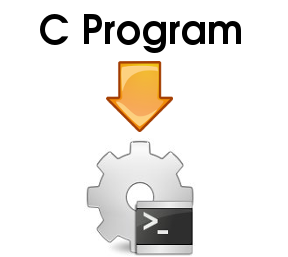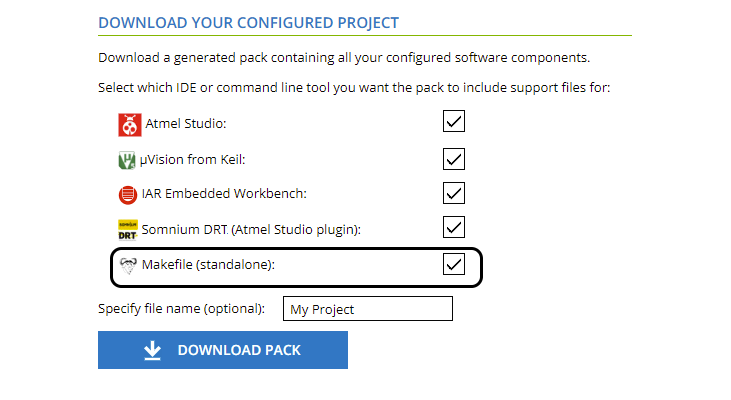

- How to write makefile for c program gcc how to#
- How to write makefile for c program gcc install#
- How to write makefile for c program gcc code#
- How to write makefile for c program gcc download#
On Debian / Ubuntu, the package name of the shared library’s development version typically ends with -dev. The second package libsqlite3-dev contains the development related files. The first package libsqlite3-0 contains just the shared library (the. This is how Ubuntu named the two different packages: Take the previously mentioned libsqlite shared library as an example. The shared library combined wit the the development related files.Just the actual shared library, so the.Keep in mind though that each shared library comes in two different packages: Debian / Ubuntu / Raspberry PI: apt or synaptic (GUI).Either directly from the terminal or with its graphical user interface counterpart:
How to write makefile for c program gcc install#
Ideally, you install the shared library using your Linux distribution’s package manager. From your Linux distribution’s package manager In this latter case, you do need to manually build and install the shared library.
How to write makefile for c program gcc download#
Alternatively, you can download the shared library’s source code. How do you actually get your hands on a shared library? Your Linux distribution offers packages for popular and commonly used shared libraries in its online package repository. The next section includes installation instructions for this unit conversion shared library.

We’ll use the example unit conversion shared library, featured in the tutorial: The remaining puzzle piece is the shared library itself.

How to write makefile for c program gcc how to#
How to write makefile for c program gcc code#
When your search did not yield any results, you can expand your search to online code repositories hosted on platforms such as GitHub and GitLab. To find a suitable shared library, you can search through your Linux distribution’s package manager.

Interested in communicating with a USB device? Libusb to the rescue. Need to download a file from the Internet? Check out libcurl. Let’s say you want to store your application’s settings in an SQLite database file. Why reinvent the wheel if someone already developed a similar piece of functionality? As a C (or C++) application developer, you can speed up your application development, by integrating shared libraries into your application. so extension, which stands for Shared Object. On Linux a shared library is a file with the. BackgroundĪ shared library packs compiled code of functionality that the developer wants to share with other developers. It covers three scenarios: (1) Calling GCC directly from the terminal, building with a Makefile and auto-generating the build environment with CMake. Interested in using a shared library in your C or C++ application? Not sure how to build your application with the GCC compiler, such that it properly links the shared library? This article explains how to link a shared library to your application, built with the GCC toolchain.


 0 kommentar(er)
0 kommentar(er)
